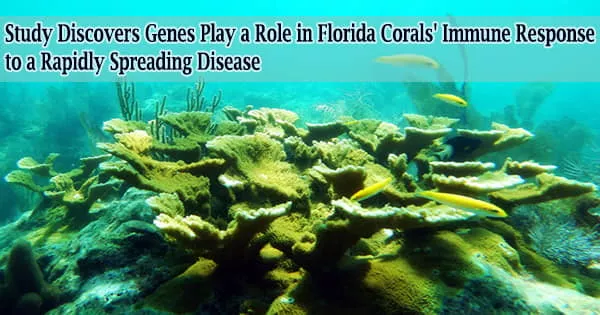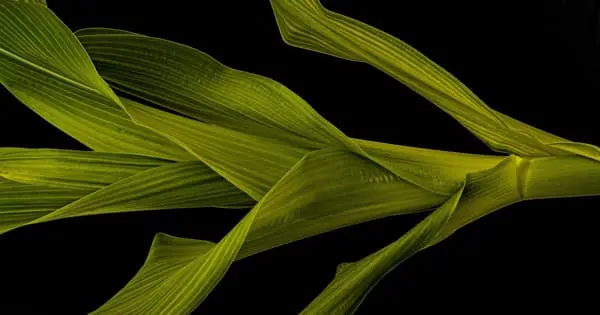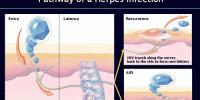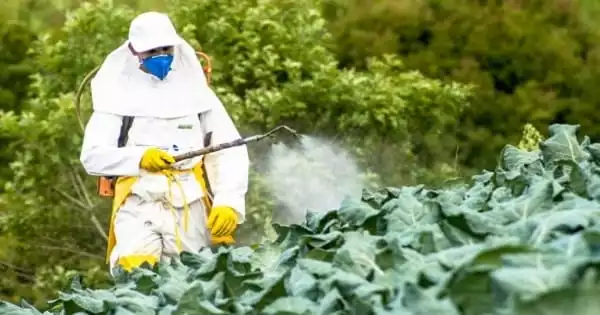The first study to describe what coral genes are doing in response to a disease that is rapidly destroying corals throughout Florida and the Caribbean is a new study led by researchers at the University of Miami’s (UM) Rosenstiel School of Marine and Atmospheric Science.
As new diseases appear as the oceans warm, the discoveries may aid in a better understanding of the coral immune system.
The first study to show that the disease causes a shared immune response in at least two coral species, mountainous star coral (O. faveolata) and great star coral (M. cavernosa), was conducted by a team of researchers from the University of Michigan Rosenstiel School, Mote Marine Laboratory, and the Smithsonian Marine Station.
“This work is vital in our efforts to save Florida’s coral reefs,” said the study’s lead author Nikki Traylor-Knowles, an assistant professor of marine biology and ecology at the UM Rosenstiel School.
“It is imperative that we better understand their immune system and how it may be helping or hindering their health in the face of climate change and disease.”
This work is vital in our efforts to save Florida’s coral reefs. It is imperative that we better understand their immune system and how it may be helping or hindering their health in the face of climate change and disease.
Nikki Traylor
Since it first surfaced in 2014, the stony coral tissue loss disease has impacted over 20 different coral species and has spread over most of Florida’s coral reef as well as others in the Caribbean.
The goal of this study was to examine the cellular response of healthy corals to the stony coral tissue loss illness.
Indicating that the disease is causing rapid cell death and tissue rearrangement, they discovered a network of genes crucial for cell responses including cell death, immunity, and tissue rearrangement.
Peroxidases are a fascinating group of genes that researchers discovered, and they were found to be crucial in the late-stage response of the disease in corals. Peroxidases are known to be vital for stress response in invertebrates.
















